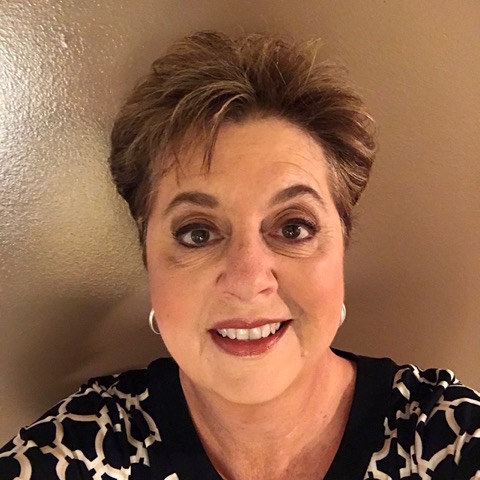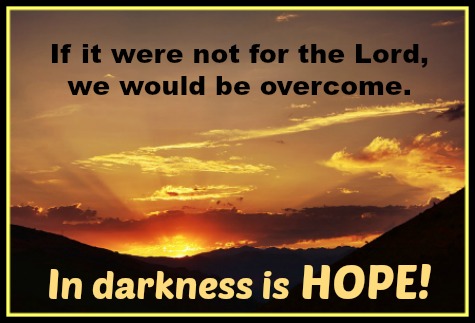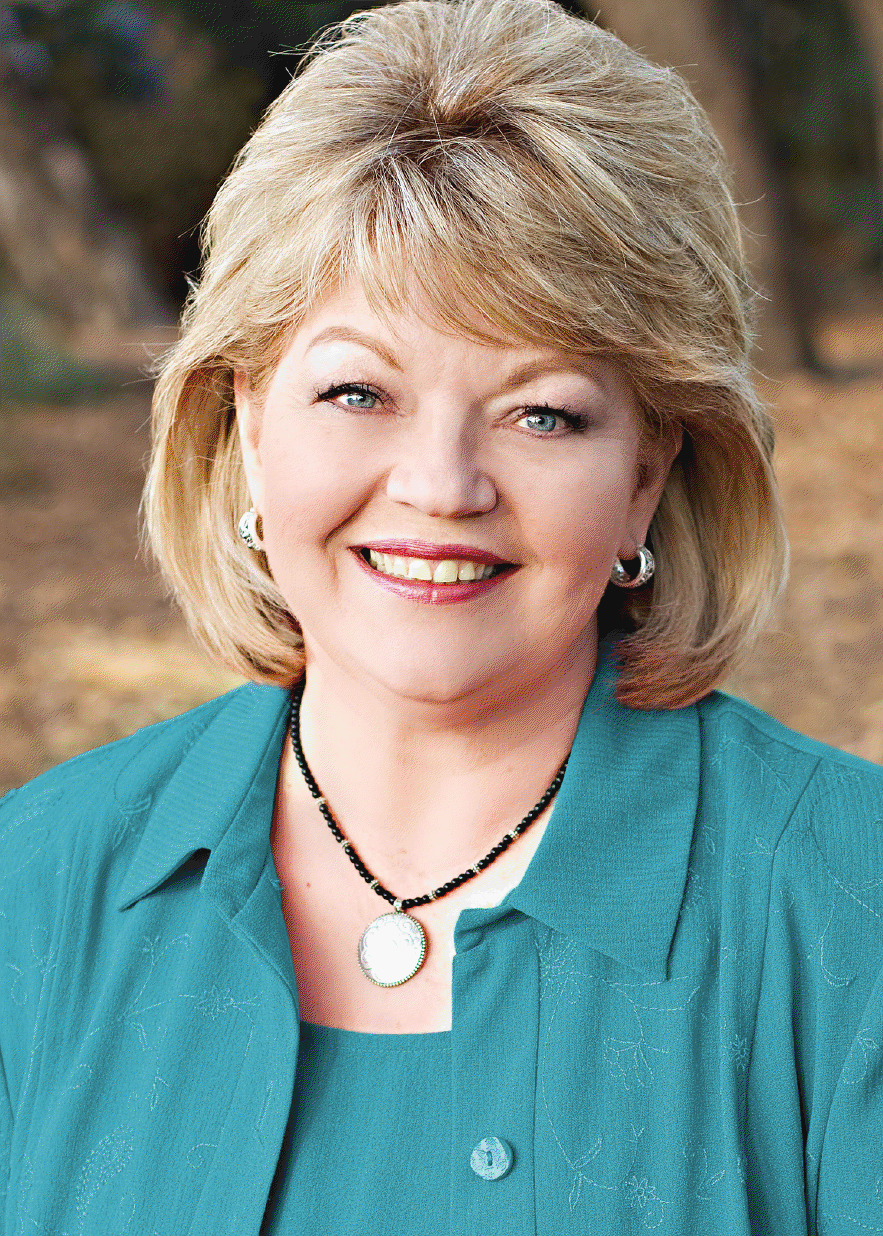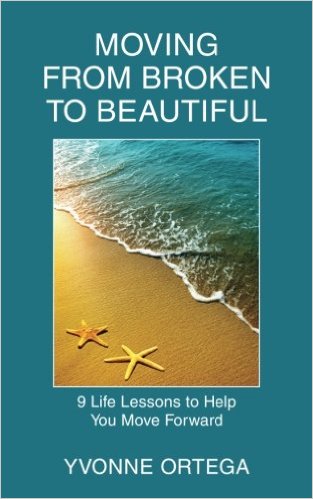Appreciation Fans the Flame on Love
Pam Farrel really cares about marriages, and she wants people to know the value of romance  in the loving husband-wife relationship. In this Marriage UPGRADE just in time for Valentine's Day, she focuses on an attitude that can "fan the flame."
in the loving husband-wife relationship. In this Marriage UPGRADE just in time for Valentine's Day, she focuses on an attitude that can "fan the flame."
Appreciation can positively change the atmosphere in our marriage; vastly improve the confidence of our mate and raise the temperature of our own passion toward our husband,” Pam says. “In short, appreciation steams up the windows of desire in our heart.
It’s almost Valentine’s Day, and I (Dawn) agree. Appreciation is a great way for those who are married to prepare for this special day. Pam shares some practical ways to help your man feel he is number one in your heart—not just on Valentine’s Day, but every day!
Pam continues . . .
For the past few years, a few times a year, I run a Romance Challenge for Wives. Together, we look at the 26 traits, A to Z, that make a wife more loving, more caring—and yes, more desirable—to her husband.
These wives value love, cherish the institute of marriage and even recognize the significance of their man; yet they are looking for a few more creative ideas to fan the flame on love.
They long to keep that spark and sizzle in their love life.
In the heart of a woman is a desire to help their man feel like the luckiest, most blessed male on the face of the globe!
Yet, women struggle to keep gratitude and thankfulness in their hearts—especially toward the man God gave them to marry.
Because we women can drift to feelings of frustration toward our spouse, we need a way to drift BACK to emotions of appreciation, gratitude and gratefulness toward our husband and marriage.
If you are struggling to find anything positive about the man God gave you, here is the baseline:
He had the good sense to marry YOU!
We can have confidence that God will meet us in the middle of our desire to be more loving and appreciative because He commands us to have an attitude of gratitude:
In everything give thanks: for this is the will of God in Christ Jesus concerning you (I Thessalonians 5:18).
One of the basic components of a strong love is when a man feels appreciated, valued and esteemed.
I love the look in the eyes of newlywed brides. They beam as they hang on the arm of their groom. That gleam in the eye and broad smile—that is appreciation!
When he senses you feel you won the grand prize when you married him, his heart will be drawn toward you; and then your worth is like the upward trajectory of a positive stock market report. You become priceless!
The Bible encourages, “…esteem them very highly in love…” (1 Thessalonians 5:13). Esteem means to regard as particularly important; admire, approve, favor, treasure.
Is that how you feel about your husband?
As a motivated wife, you have the honor of being the spark plug for your marriage, the igniter of romance and the match to light the flame of intimacy.
If you want to kickstart appreciation to fan the flame on love, simply say “Thanks!”
How?
Try one of the ways below to tangibly express your gratitude to your man:
♥ Admire in a letter or with your verbal praise one of his good qualities
♥ Applaud his effort or an accomplishment
♥ Approve of his choice (of anything) heartily!
♥ Commend of him in front of his friends or colleagues
♥ Compliment one of his handsome features
♥ Positively inquire more information about one of his interests
♥ Accept one of his quirks with a quick hug or kiss when you see it
♥ Laud an accomplishment with a gift or a family party to celebrate.
♥ Warm toward an idea he has brought up by asking to learn more.
♥ Support one of his dreams by placing a photo of him doing it on your desk or refrigerator.
♥ Sympathize with an emotional hurt with a hug.
♥ Adore his body in the bed room.
♥ Enthusiastically embrace one of his opinions with an “I so agree!”
♥ Show pleasure of his company with a “So nice to have you in my life”.
♥ Be sensitive to his stress by giving a shoulder or neck rub.
♥ Be mindful of one of his needs by running an errand or picking up an item without being asked.
♥ Be responsive to one of advances for “red hot monogamy”.
♥ Order a coffee mug with “I thank God 4 U!” printed on it, then bring him breakfast in bed, complete with the coffee mug.
♥ Place a thank you note on a helium balloon and float it into his office.
♥ Make your own list, A to Z, why you are thankful for your man, then read it to him; give it to him, one letter at a time; create a photo book with pictures of him for each letter and each trait you find attractive; or write the list on the same kind of paper you sent the first love note on!
Which of these “appreciation fans" would make the biggest difference in your marriage today?
What are you waiting for?
Pam Farrel is an international speaker, author of over 45 books including Red Hot Romance 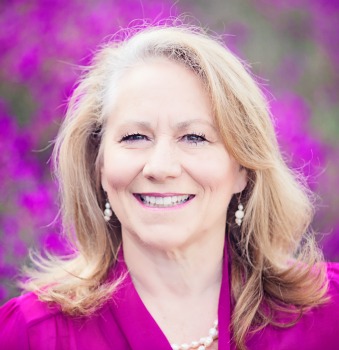 Tips for Women (which this blog is adapted from); Red Hot Monogamy, A
Tips for Women (which this blog is adapted from); Red Hot Monogamy, A  Couple’s Journey with God, and best-selling Men Are Like Waffles, Women Are Like Spaghetti. Pam encourages women to join the 26 day Red Hot Wife Challenge, and her husband Bill hosts the Her Best Friend phone APP to equip husbands to romance their wives. Learn more about Pam and Bill Farrels’ ministry at www.Love-Wise.com.
Couple’s Journey with God, and best-selling Men Are Like Waffles, Women Are Like Spaghetti. Pam encourages women to join the 26 day Red Hot Wife Challenge, and her husband Bill hosts the Her Best Friend phone APP to equip husbands to romance their wives. Learn more about Pam and Bill Farrels’ ministry at www.Love-Wise.com.
Graphic adapted, courtesy of Tumisu at Pixabay.
 Post a Comment → Posted on
Post a Comment → Posted on  Thursday, January 25, 2018 at 9:05AM
Thursday, January 25, 2018 at 9:05AM  Appreciation,
Appreciation,  Fan the Flames,
Fan the Flames,  Pam Farrel,
Pam Farrel,  Romance,
Romance,  Romance Tips,
Romance Tips,  Romance in Marriage,
Romance in Marriage,  Upgrade with Dawn Upgrade Your Life
Upgrade with Dawn Upgrade Your Life  Marriage,
Marriage,  Relationships,
Relationships,  Romance
Romance 





